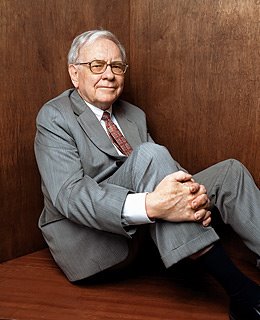As we begin to emerge from the bottom of a V-shaped recession, we all pray that it does not evolve into a W-shaped recession. Having been a witness for the majority of this economic challenge rather than an officer in charge, I’ve observed several significant issues that have impacted the hospital industry. They have included the downgrading of bonds, a serious lack of access to capital financing, cutbacks in elective surgeries and elective donations to our health care foundations, All of which has resulted in a deep degree of uncertainty as to when all of this will be over.
The fact that many of the economic practices that got us into this mess have still not been discontinued or are being reshaped into the newest version of the scam du jour does not bring peace of mind to the vast majority of us, a deeply concerned citizenry. Add to that the billions and now trillions that we are committed to repay over the next several generations, and one has to wonder about the ability of our current political system to respond appropriately to these challenges.
Warren Buffett’s annual letter to Berkshire Hathaway shareholders criticized Wall Street executives and board members in a way that most of us would liked to have expressed, but which only Buffet could articulate. This is because his comments are clearly supported by his business acumen and investment skills. He broadsided the leadership of Wall Street for failing to control risk and for avoiding what very clearly should have been the “severe” consequences of these failures. He chastised the bankers in particular for designing and implementing their own industry’s doom and then piling the losses onto investors, while they themselves have managed to maintain lavish lifestyles.
“It has not been shareholders who have botched the operations of some of our country’s largest financial institutions,” Buffett wrote. “Yet they have borne the burden, with 90% or more of the value of their holdings wiped out in most cases of failure. Collectively, they have lost more than $500 billion in just the four largest financial fiascos of the last two years. To say these owners have been ‘bailed-out’ is to make a mockery of the term.”
“The CEOs and directors of the failed companies, however, have largely gone unscathed…Their fortunes may have been diminished by the disasters they oversaw, but they still live in grand style. It is the behavior of these CEOs and directors that needs to be changed: If their institutions and the country are harmed by their recklessness, they should pay a heavy price – one not reimbursable by the companies they’ve damaged nor by insurance.”
With his sentiments firmly ensconced in my mind, I have to wonder about the current rounds of outrageous health insurance increases perpetrated upon the customers of many of our largest and most profitable insurance companies. As a hospital CEO, I learned very early on that no matter how low we held our charges, those savings would not be passed on to the patients because the middle man controlled this aspect of the “business.” Incentives are completely upside down in the system at many levels, and the political commitment to truly work toward meaningful change seems not only misguided but also seriously uninformed.
Bottom line? We need to be heard. We need to work toward systems that make sense: protection from catastrophic financial situations brought on by major illnesses or accidents, primary care that truly helps the patient manage their health challenges at a reasonable cost, and a complete change from a sickness-based to a wellness-based reimbursement system that is not dependent upon the insurance companies for the decision making proposition.
Sometimes right is truly black and white, and until we embrace palliative care, incentivize individuals for taking care of themselves, and deal with tort reform, progress will be only a delusion.







 Fish re-entered my diet once or twice a week. Almonds hit my pallet after nearly nine years, and canola oil, God bless oil. I had it twice a week on salads. Compound that with some chocolate. I once stared at an M&M for two and a half hours on the floor by my shoe on a trip to San Diego before I kicked it away.
Fish re-entered my diet once or twice a week. Almonds hit my pallet after nearly nine years, and canola oil, God bless oil. I had it twice a week on salads. Compound that with some chocolate. I once stared at an M&M for two and a half hours on the floor by my shoe on a trip to San Diego before I kicked it away.


